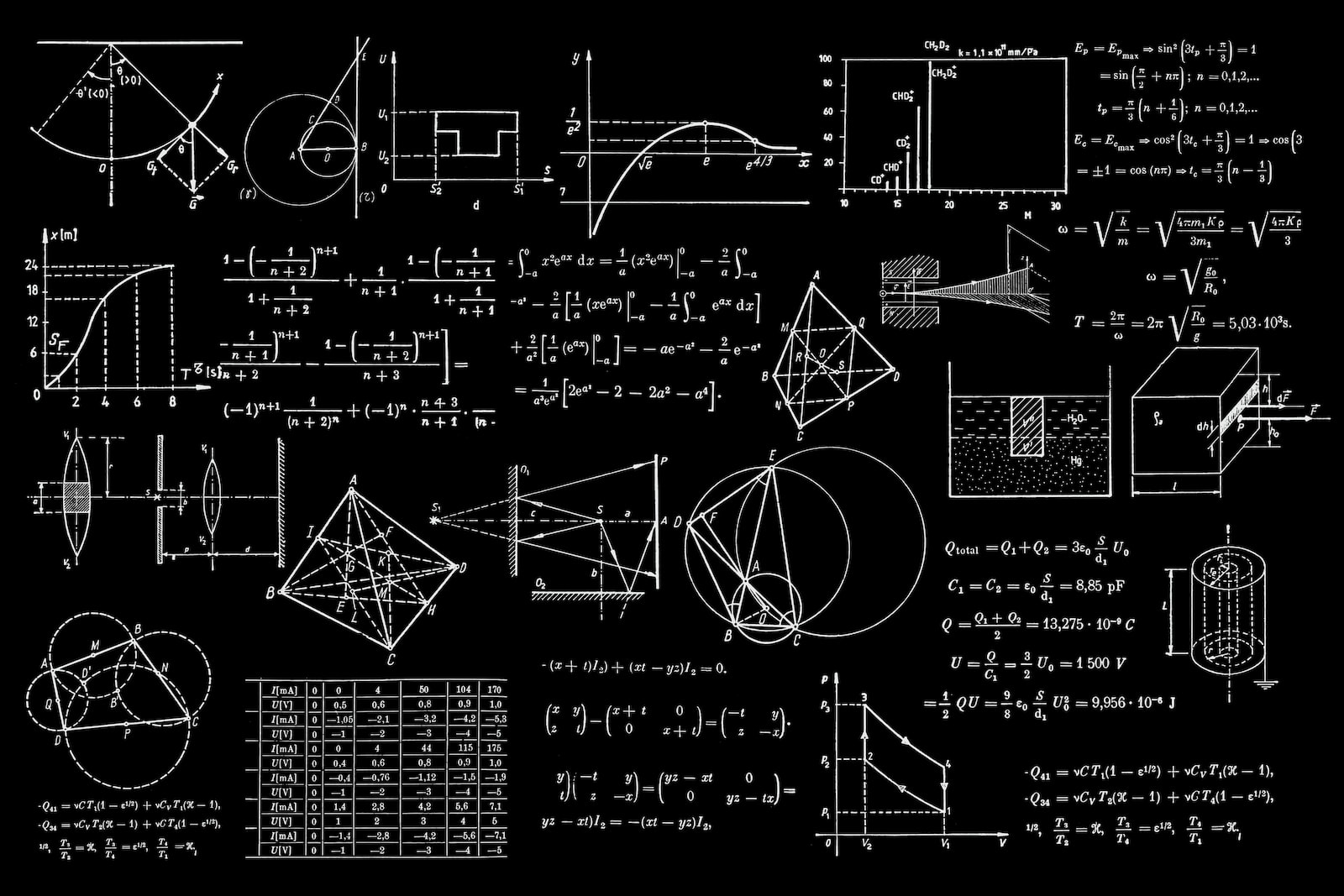
By any measure, the progress in developing quantum computers for practical purposes — even over the last few years — has been nothing less than stunning. Still, quantum scientists and engineers are just at the foothills on their climb to the summit of scalable, general quantum computing.
In this article, we’ll look at the main quantum computing challenges that these researchers must solve before we can use quantum computers for more everyday problems, such as finding treatments for diseases and medical conditions and discovering new materials for a sustainable economy.
Contents
What Makes Quantum Computing So Challenging?
Quantum computing is a revolutionary technology that promises to revolutionize the way we process and store data. To achieve that quantum computing uses quantum bits, or qubits, instead of classical bits.
Qubits have weird properties, at least when compared to our classical computing reality. They can exist in a superposition of states, meaning they can represent multiple values at the same time, and they can also become entangled with each other, allowing for parallel computation. This makes quantum computing potentially much faster than classical computing for certain types of problems, such as factorization and database searching.
However, quantum computing is also challenging for several reasons. The biggest quantum computing challenge, arguably, is qubit decoherence. Qubits are extremely sensitive to their environment, and even small disturbances can cause them to lose their quantum properties, a phenomenon known as decoherence. The struggle to master decoherence may require new materials, new computational techniques, and deep exploration of various quantum approaches. It’s not just the hardware that’s challenging for quantum computing. Quantum algorithms are also much more complex than classical algorithms and require developers to approach computational problems in original ways.
8 Remaining Quantum Computing Challenges
This complexity has created the following challenges for quantum computing scientists, engineers, and entrepreneurs.
1. Error Correction
Most experts would consider this the biggest challenge. Quantum computers are extremely sensitive to noise and errors caused by interactions with their environment. This can cause errors to accumulate and degrade the quality of computation. Developing reliable error correction techniques is therefore essential for building practical quantum computers.
2. Scalability
While quantum computers have shown impressive performance for some tasks, they are still relatively small compared to classical computers. Scaling up quantum computers to hundreds or thousands of qubits while maintaining high levels of coherence and low error rates remains a major challenge.
3. Hardware Development
Developing high-quality quantum hardware, such as qubits and control electronics, is a major challenge. There are many different qubit technologies, each with its own strengths and weaknesses, and developing a scalable, fault-tolerant qubit technology is a major focus of research.
4. Software Development
Quantum algorithms and software development tools are still in their infancy, and there is a need for new programming languages, compilers, and optimization tools that can effectively utilize the power of quantum computers.
5. Classical Computers Interfaces
Quantum computers won’t replace classical computers; they will serve as complementary technology. Developing efficient and reliable methods for transferring data between classical and quantum computers is essential for practical applications.
6. Standards and Protocols
As the field of quantum computing matures, there is a need for standards and protocols for hardware, software, and communication interfaces. Developing these standards will be essential for ensuring compatibility and interoperability between different quantum computing platforms. We should also throw in benchmarking — the ability to measure performance standards is still in its infancy for quantum computing design, development, and operation.
7. Trained Talent
The number of people properly educated and trained to enter the quantum workforce is small and spread across the world. Finding the right workers is a challenge. In a chicken-and-egg scenario, we won’t increase the number of people motivated to enter the quantum workforce until we have more practical quantum computers and we won’t have more practical quantum computers until we have more people motivated to become part of the quantum workforce.
8. Overall Expense
Perhaps this is an obvious outcome of all the above challenges, but expense remains a huge roadblock — or stumbling block — for quantum computing. The likelihood that two Steves will be slapping together quantum computers in their garage is an unlikely scenario. Quantum talent is expensive. Quantum hardware is expensive. Supply chains are complex, vulnerable and — you guessed it — expensive to establish and maintain. Dealing with these expenses and finding investments to offset these costs will likely be a standard duty of institutional scientists and commercial entrepreneurs for the foreseeable future.
Challenging Is Not Impossible
The list is a little daunting, but there are lots of reasons for hope. Funding agencies, such as government agencies, are rising to the occasion to invest in tackling these quantum computing challenges. Researchers — almost daily — are making advances in the engineering and scientific challenges to create practical quantum computers.
Finally, it might not be one giant leap that lands humankind on the summit of Mount Quantum. Rather, it will take many small advances, many tiny legislative victories, and lots of little commercial wins that will surmount these challenges.
FAQs
Q: What are the challenges of quantum computing?
A: The challenges of quantum computing include error correction, scalability, hardware development, software development, interfaces between classical and quantum computers, standards and protocols, trained talent, and overall expenses.
Conclusion
Quantum computing has the potential to revolutionize various industries, but there are significant challenges that need to be overcome. Researchers are making progress in addressing these challenges, but solving them will require continued investment, innovation, and collaboration. As these challenges are resolved, quantum computing will move closer to becoming a practical and impactful technology.
For more information on the latest trends in technology and innovation, visit Virtual Tech Vision.







